How to Make Your Diet More Sustainable in 2025
Eating sustainably in 2025 is more important—and more achievable—than ever before. As the world grapples with climate change, deforestation, and food insecurity, our personal choices around food are emerging as a powerful way to drive positive change.
Thankfully, a sustainable diet doesn't mean sacrificing flavor or satisfaction. It simply means eating in a way that supports your health, minimizes harm to the environment, and contributes to a more ethical food system.
Here’s how you can make your diet more sustainable this year.
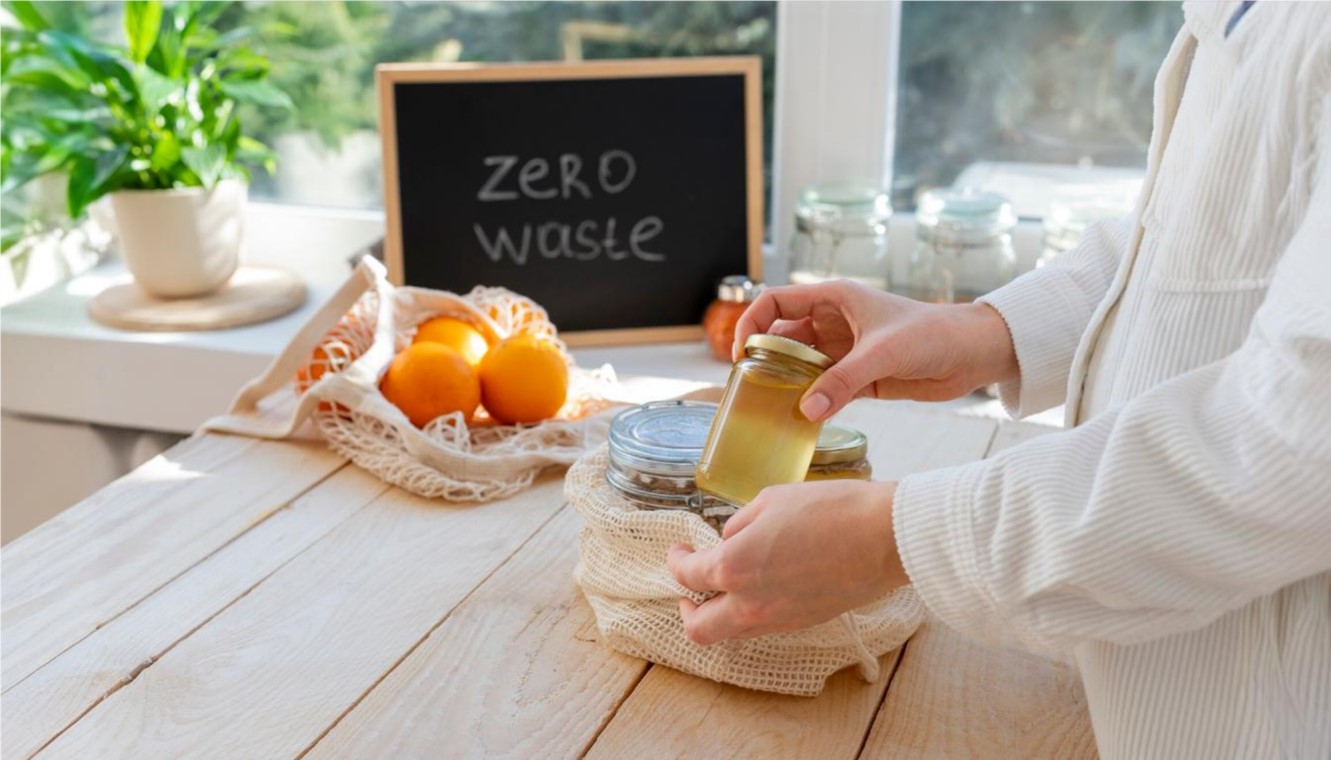
1. Embrace Plant-Based Eating
Reducing your intake of animal products is one of the most impactful changes you can make for the environment. Livestock farming contributes significantly to greenhouse gas emissions, deforestation, and water use.
How to start:
-
Try “Meatless Mondays” or go plant-based for one meal a day.
-
Replace meat with legumes, tofu, tempeh, or mushrooms.
-
Explore plant-based versions of your favorite comfort foods—think lentil Bolognese or chickpea curry.
You don’t have to go vegan overnight—even cutting meat consumption by half can reduce your dietary carbon footprint dramatically.
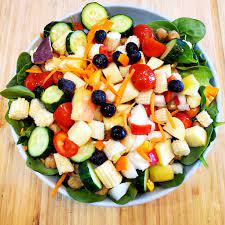
2. Buy Local and Seasonal Foods
Transporting food across long distances burns fossil fuels and requires excessive packaging. Eating local and seasonal produce reduces emissions and supports your local economy.
Tips for shopping local:
-
Visit farmers' markets or join a community-supported agriculture (CSA) program.
-
Get familiar with what’s in season in your region.
-
Ask your grocery store about the origin of their produce and prioritize regional brands.
Local foods are often fresher, tastier, and more nutrient-rich since they’re harvested closer to peak ripeness.
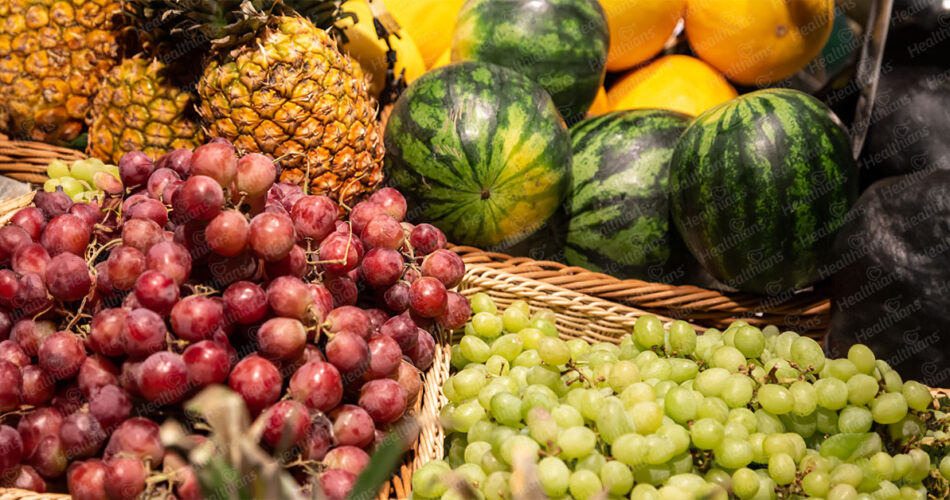
3. Cut Down on Food Waste
Roughly one-third of all food produced globally is wasted. This waste contributes to methane emissions and squanders the water, labor, and energy used in production.
Ways to reduce food waste:
-
Plan meals ahead and buy only what you need.
-
Store food properly to extend its shelf life.
-
Use leftovers creatively—soups, stir-fries, and smoothies are great for odds and ends.
-
Learn how to compost scraps like vegetable peels and coffee grounds.
Even small steps—like freezing produce before it spoils—can add up over time.
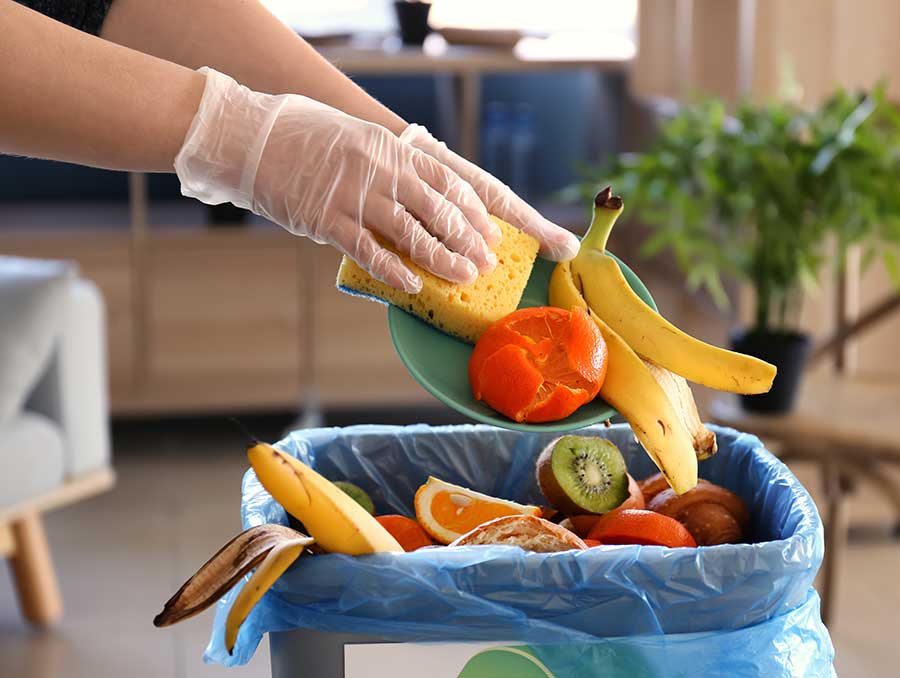
4. Choose Sustainable Proteins
Not all proteins are created equal when it comes to environmental impact. In 2025, there's a growing list of alternative proteins that are more sustainable than beef, lamb, or pork.
Smart protein swaps:
-
Lentils, chickpeas, black beans, and quinoa
-
Mycoprotein (fungi-based meat alternatives like mycelium)
-
Plant-based meats made from peas, soy, or jackfruit
-
Insects (like cricket powder) for those open to trying new trends
These proteins are often cheaper, require less land and water, and still provide essential amino acids.
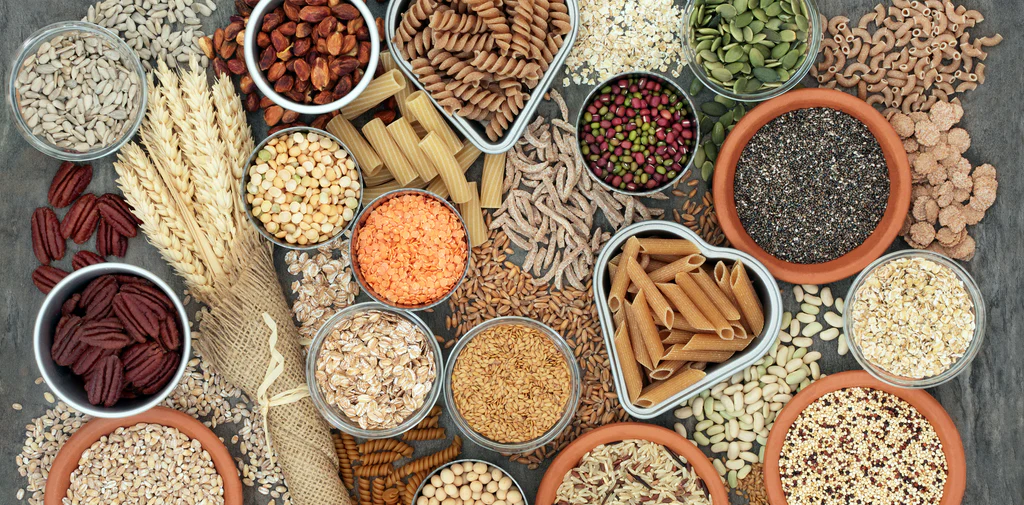
5. Be Mindful of Packaging
Single-use plastics are a major contributor to pollution and ocean waste. Sustainable eating also means paying attention to how your food is packaged.
Eco-conscious shopping tips:
-
Bring reusable bags, jars, and containers when shopping.
-
Buy in bulk to reduce plastic waste.
-
Choose products with recyclable, compostable, or minimal packaging.
-
Support brands using sustainable packaging materials like glass, cardboard, or biodegradable plastics.
Some grocery stores now offer refill stations for pantry staples and household goods—perfect for low-waste living.
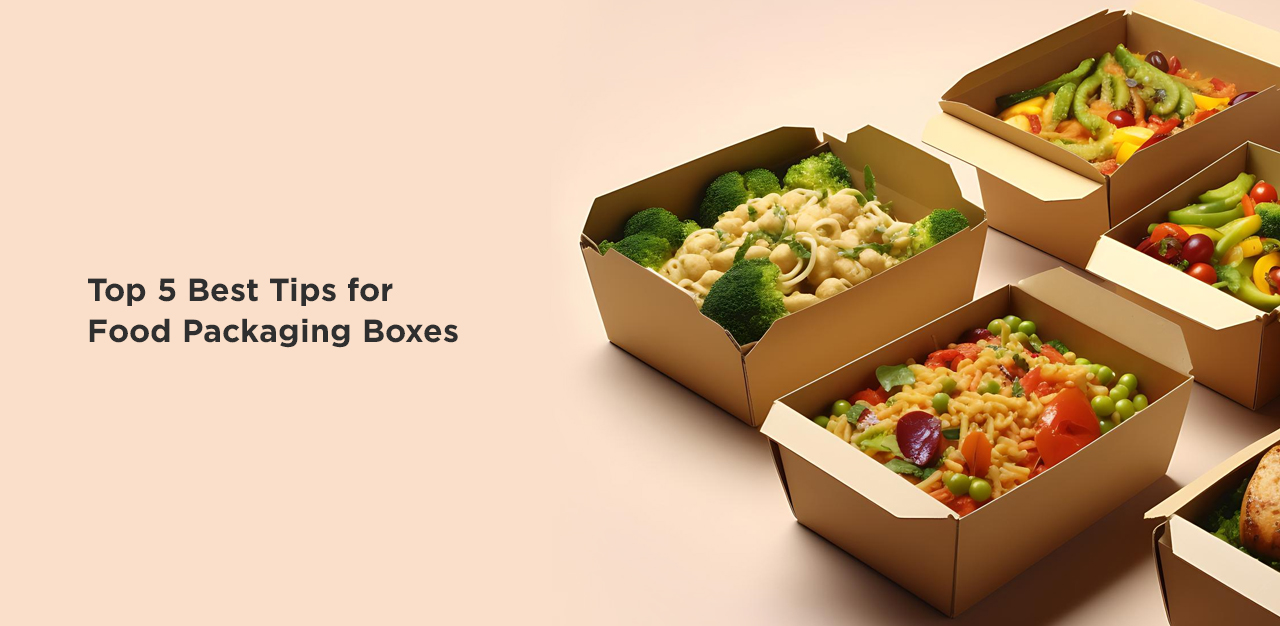
6. Support Regenerative and Organic Farming
Organic and regenerative farming practices focus on building healthy soil, improving biodiversity, and reducing harmful chemicals in the environment.
What to look for:
-
USDA Organic, Regenerative Organic Certified, or other eco-labels
-
Products from farms that use crop rotation, composting, and no-till farming
-
Direct farm-to-table sourcing whenever possible
Though organic items can be pricier, buying fewer animal products or processed snacks can free up your budget for better-quality food.
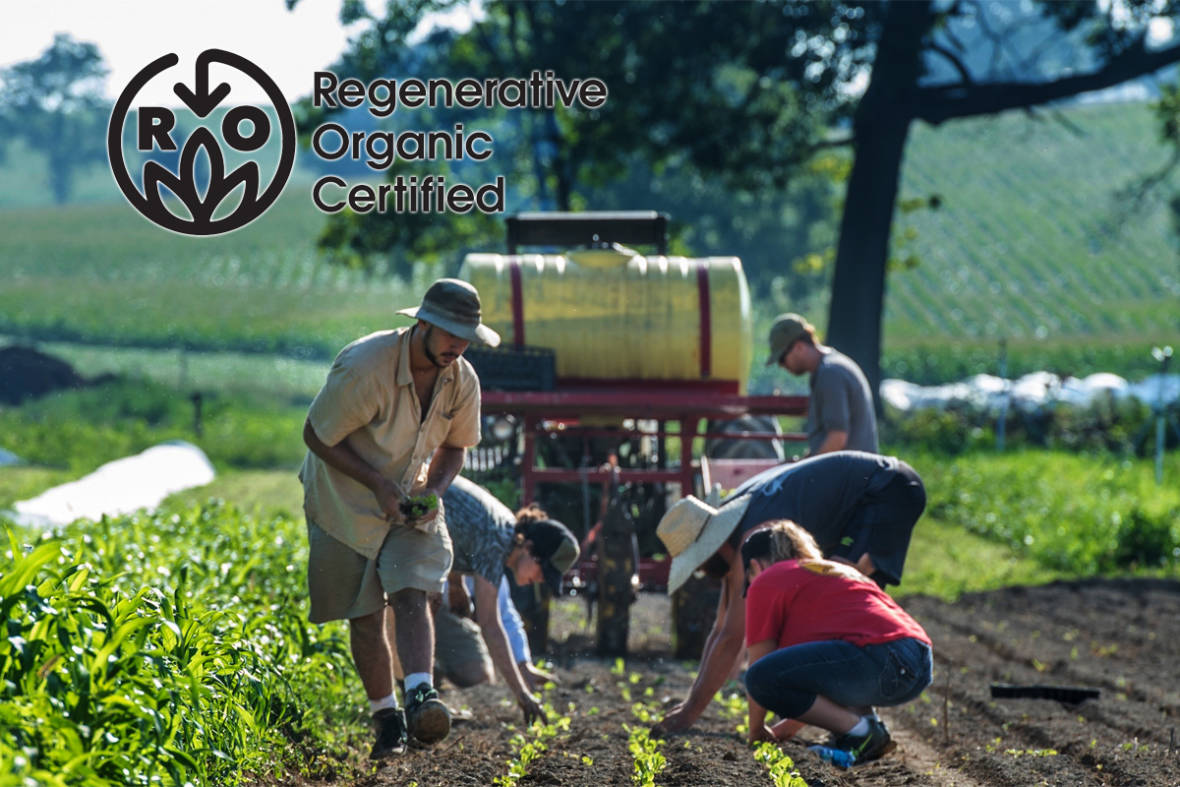
7. Eat More Whole Foods, Less Processed Ones
Whole foods are generally better for the environment because they require less energy and resources to produce and package.
Try to eat more:
-
Fresh fruits and vegetables
-
Whole grains like oats, brown rice, and barley
-
Nuts and seeds in their natural state
Minimize ultra-processed snacks and ready meals, which often come with excessive packaging and additives, and rely on energy-intensive production.
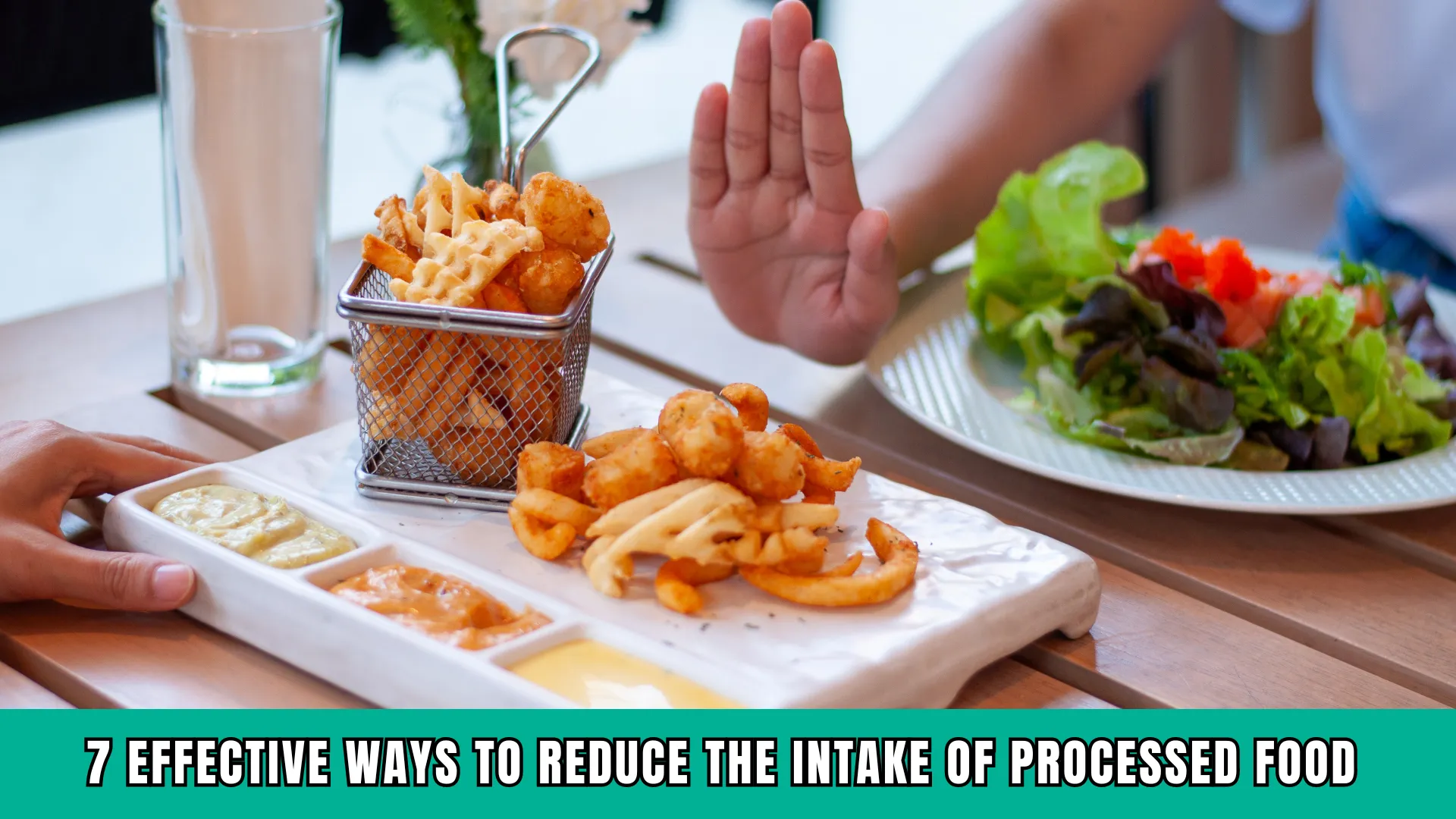
8. Educate Yourself and Others
Sustainability is a journey, and staying informed empowers you to make better choices. Whether you're new to sustainable eating or already on your way, sharing your knowledge makes a difference.
Ways to stay informed:
-
Follow eco-conscious chefs, nutritionists, and food activists
-
Watch documentaries or read books on food systems and climate change
-
Join sustainability challenges or forums online
-
Talk to friends and family about changes you're making
Remember, awareness is contagious—your choices can inspire others.

Conclusion: Small Choices, Big Impact
The way we eat in 2025 reflects more than just personal taste—it reflects our values, our priorities, and our hope for a healthier planet. Fortunately, eating sustainably doesn’t have to be complicated. By embracing more plant-based foods, reducing waste, buying local, and supporting ethical food systems, you can make a real impact without giving up the joy of good food.
Start with small changes, experiment with new ingredients, and stay curious. Your plate has power—use it wisely.



You must be logged in to post a comment.